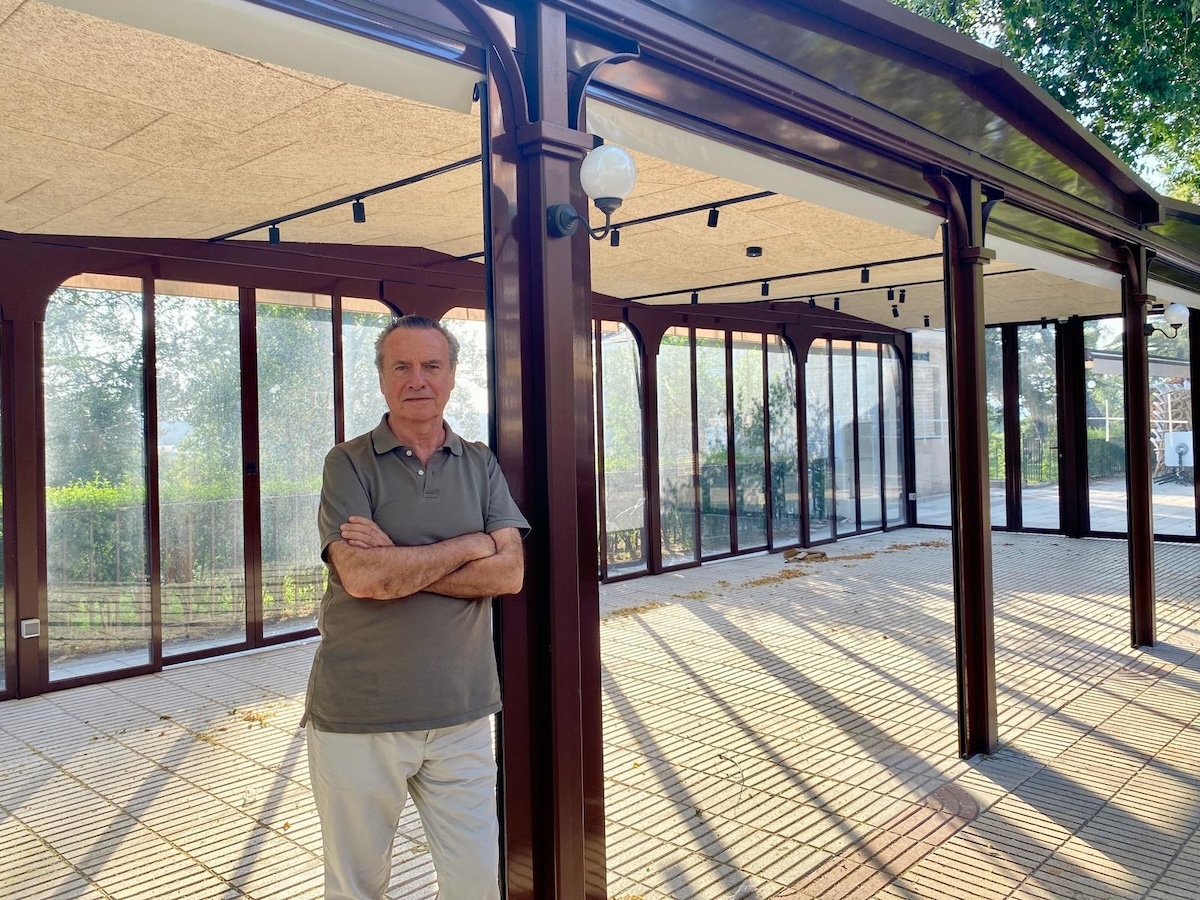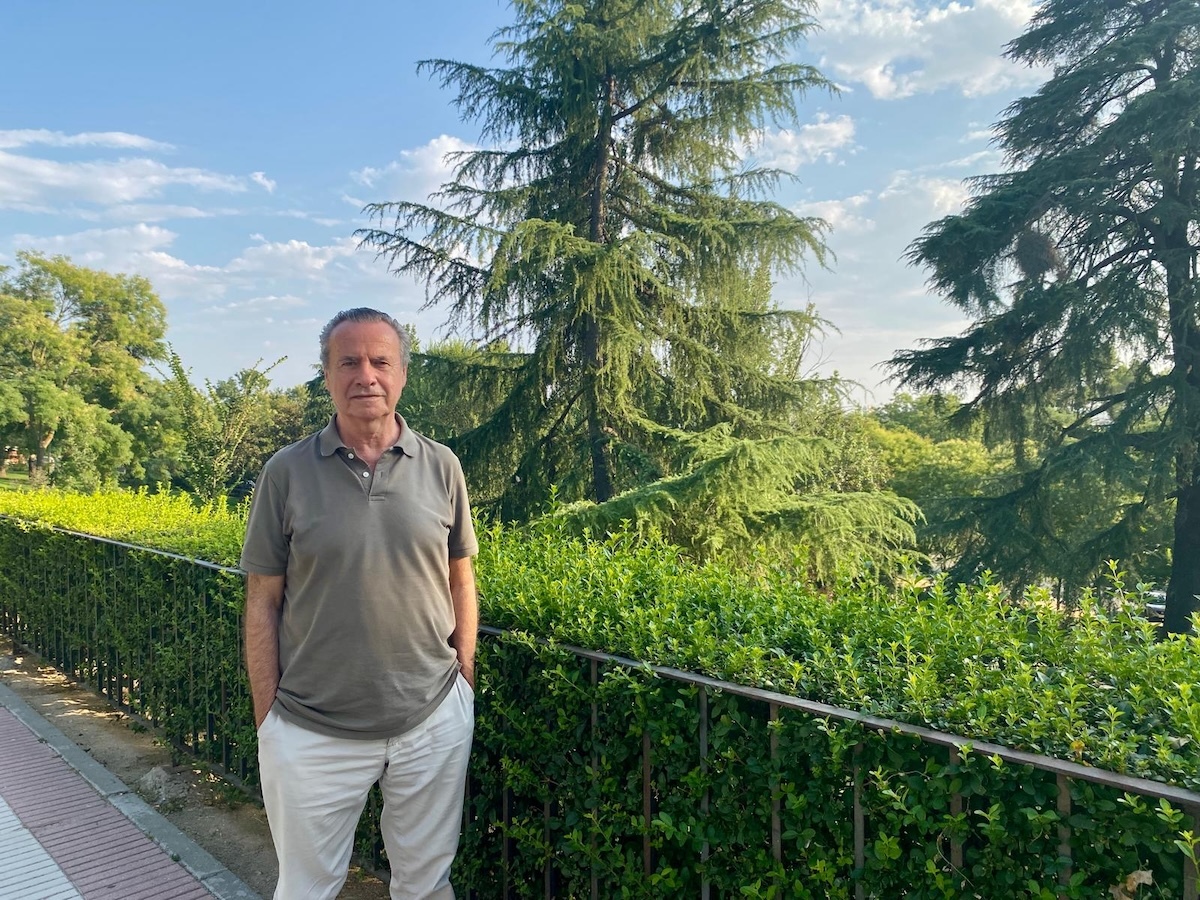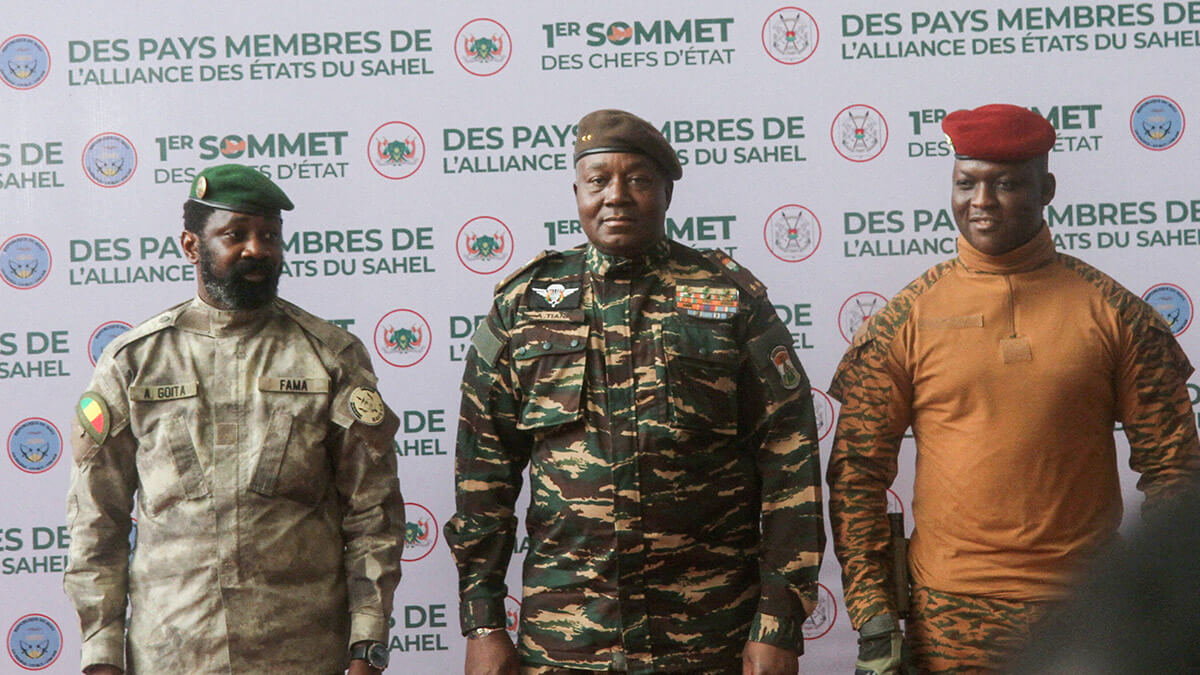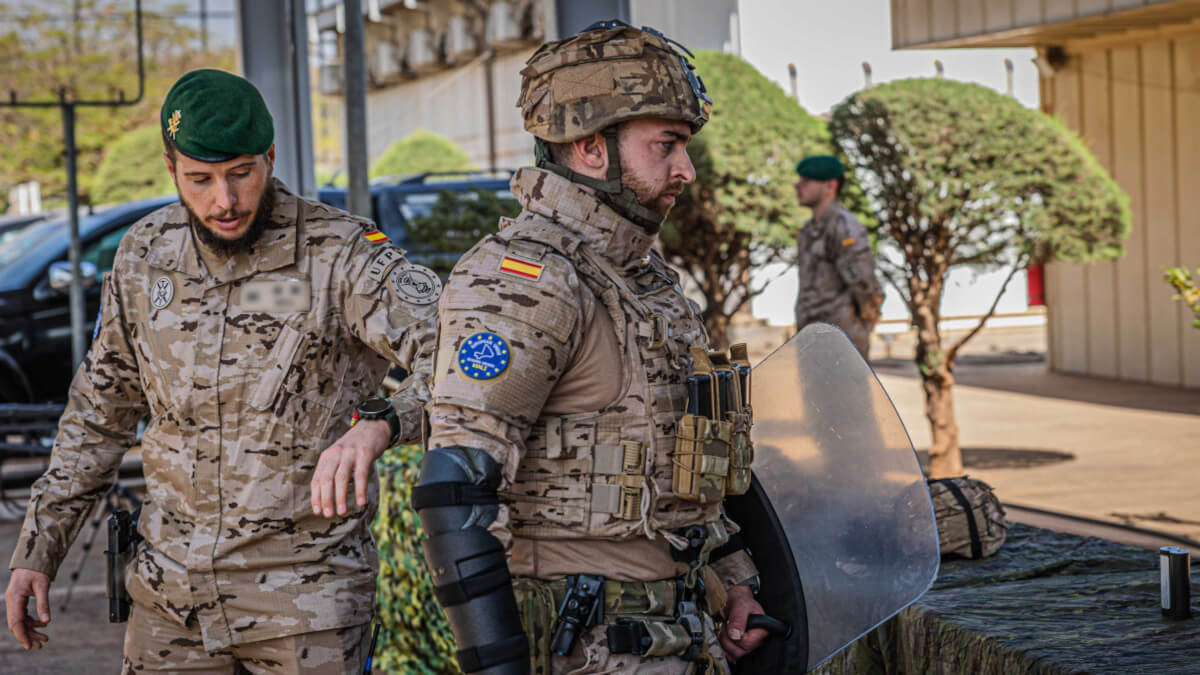The Sahel: a key region for European security

In this interview, journalist and international correspondent Alberto Masegosa takes an in-depth look at the complex situation in the Sahel, an African region marked by instability, the advance of jihadism, the withdrawal of Western powers and the growing influence of actors such as Russia and China.

Based on his latest book, Guerra Santa al sur del Sáhara (Holy War in the Southern Sahara), Masegosa breaks down the historical, political and strategic factors that make this strip of the continent a critical point for the future of North Africa and Europe.
What is happening in the southern Sahara, Alberto?
In the southern Sahara, it's the same old story, but worse. There are no signs that the situation will improve. The depredation continues, as do shortages of all kinds and the occupation by armed groups of different origins, which have taken the place of the traditional colonial powers.
What do you address in the first chapter of the book, La línea del horizonte (The Horizon Line)?
What we mean by that chapter is that there are no borders in the Sahara, no natural borders, no matter how many mountain ranges or massifs or great oceans of doubt there may be.
Defence in the Sahara is practically impossible because it is a desert territory where there are no supplies and where survival is very difficult, making the deployment of troops in that terrain unfeasible, which means that the law of the desert, which is the absence of law, ends up prevailing.
The problem of the jihadists who have arrived in the Sahel from Algeria and Libya is precisely due to this, as they have not encountered any obstacles at any natural borders.
What is the content of the second chapter, Empires?
The region has suffered a succession of empires. The first was the Almoravid Empire, which arrived from Mauritania and took over the entire Niger Valley and the Senegal Valley. Then the empires of the Niger Valley flourished, which were perhaps the region's most brilliant period.
At that time, in the 14th, 15th and 16th centuries, the empires of the Niger Valley were comparable to any European empire. Then came European colonisation, mainly by the French, who took over practically the entire Maghreb and the Sahel. Then came the Cold War, with the interests of the United States and Russia, and more recently, the presence of Russia and China following the withdrawal of the Western powers.


And the third chapter, La línea del horizonte de vuelta (The Line of the Horizon Returns), what is it about?
There we try to outline what the future might look like. And the future, as we said at the beginning, does not allow for much hope; there is no reason to think that this region will get out of the hole it is in.
The abandonment by the West has left the territory in the hands of the Russians, who support military coup regimes to combat jihadist groups. For example, in Burkina Faso, 60% of the territory is in the hands of jihadist groups affiliated with the Islamic State or Al-Qaeda.
Are the Spanish and European authorities still not paying attention to the Sahel?
Yes, we in the West are very focused on the two major global conflicts right now, which are the war in Ukraine and the war in the Middle East, and we have forgotten about other conflicts. This conflict mainly affects southern Europe. It is not a priority for London or Brussels, although it should be. Spain has tried to raise awareness among its NATO and EU partners, but without success.
What role does Morocco play in stabilising the Sahel?
Morocco is a very helpful ally. It has promoted the idea of an Atlantic façade, allowing Sahel countries to trade their products through Moroccan ports on the Atlantic. This can help consolidate their institutions and their situation.

What distinguishes Morocco and Algeria from the Sahel countries?
Morocco and Algeria are states; they have functioning state structures. In contrast, the Sahel countries have structures that have collapsed since independence.
What influence has Algeria had in Mali and what mistakes has it made?
Algeria has had a lot of influence, especially in Mali, but it made the mistake of collaborating with the Tuareg rebels in northern Mali. This brought it into conflict with the Malian military regime.
What role is Morocco playing with its Atlantic façade initiative and the railway line?
Morocco has proposed an ambitious project: to build a railway linking the capitals of the western Sahel (N'Djamena, Niamey, Ouagadougou, Bamako) with the Atlantic coast. The project is expensive (8,000 to 10,000 km of railway), difficult to carry out and will require control and security. It is a plan for the next 8 to 10 years.

How does France's expulsion from the Sahel affect Europe and Spain in particular?
France has been the European power most involved in the region due to its colonial past, but its policy has failed. This failure has dragged other European countries such as Spain and Germany along with it. We have been lumped in with France, which has generated local rejection. Spain has suffered from this too.
What is the local perception of European intervention and France's role?
It is perceived as a neo-colonial policy. For example, in Mali, France prevented local forces from taking control of the north because they were seeking support from the Tuaregs. This was seen as humiliating. And by following France, the rest of Europe has also been viewed negatively.
What is Spain's current project in Mali following the failure of the European mission?
Spain wants to deploy a small contingent dedicated to training military personnel in Mali, but through a bilateral (non-European) agreement, similar to the agreement that Morocco has with Mali to train military personnel.

Is Africa really the emerging continent? What does it need to move forward?
Yes, it is the emerging continent, but it needs development, economic activity, job creation, training and migration control. It is essential to invest in the source so that Africa has its own mechanisms, resources and industrialisation.
Why is it important to invest in Africa, not only for humanitarian reasons, but also for strategic reasons?
We must be generous with Africa, not only for humanitarian reasons, but also to defend our own interests. After 60 or 70 years of independence, most of these countries still depend dramatically on NGOs and international aid.
Do you have any other projects in the pipeline, Alberto?
Yes, I'll keep you posted, and I'd like to take this opportunity to thank you very much for your time.









